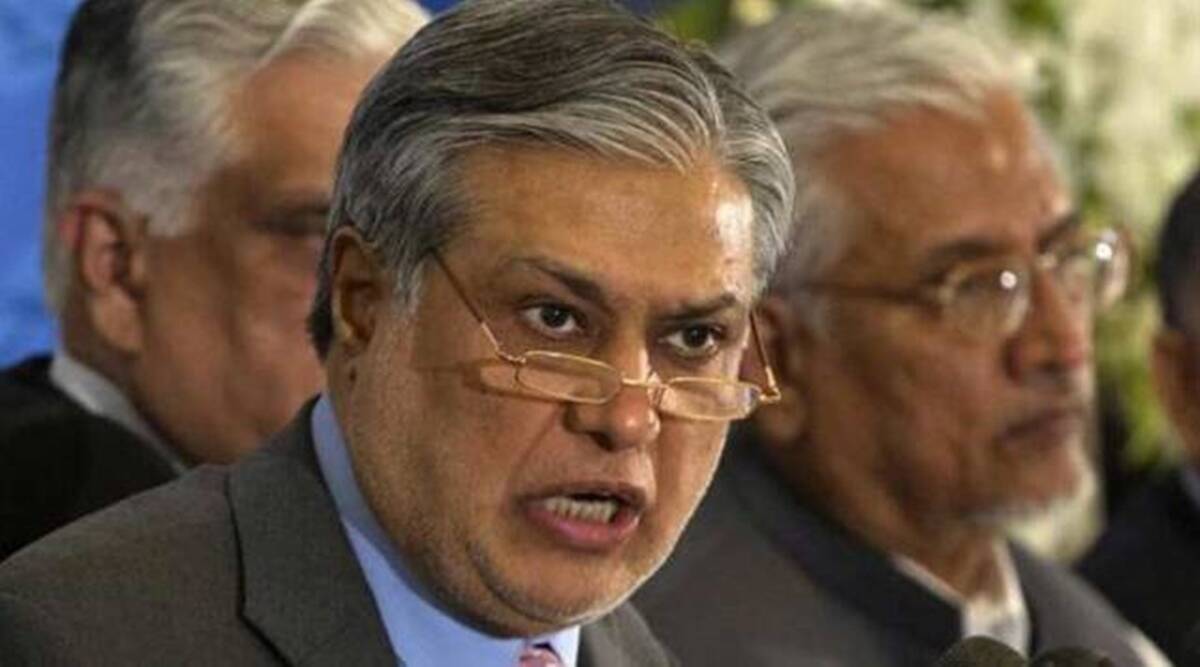Pakistan’s parliament met on Sunday, June 25, to adopt the government’s revised budget for fiscal year 2023-24. This is the country’s last-ditch effort to meet the International Monetary Fund’s (IMF) terms and win the release of extra bailout cash. Following the IMF’s stated displeasure with Pakistan’s initial budget, the revised budget was passed, calling it a squandered chance to successfully broaden the tax base in a more progressive manner.
Revised Budget Presented by Finance Minister Ishaq Dar
Finance Minister Ishaq Dar, introduced a revised budget that aimed to address the concerns raised by the IMF. In an effort to meet the IMF conditions, the new budget proposed a series of measures including new taxes and expenditure cuts.
IMF Discontent with Initial Budget
The IMF expressed its displeasure with Pakistan’s maiden budget in mid-June, claiming that it failed to capitalize on the chance to broaden the tax base in a more progressive manner. The IMF emphasized the significance of enacting appropriate taxation policies in order to increase income and lower the country’s budget deficit.
Approval of Revised Budget
Pakistan’s MPs voted on the revised budget on Sunday, after much thought and negotiation. The parliament overwhelmingly supported the revised budget, recognizing its importance in receiving extra bailout assistance from the IMF.
Addressing IMF Conditions for Financial Assistance
The revised budget holds paramount importance as it aims to address the concerns raised by the IMF. By introducing new taxes and implementing expenditure cuts, Pakistan seeks to fulfill the IMF’s conditions for financial assistance, ultimately stabilizing its economy and securing the release of much-needed bailout funds.
Impact on Tax Base and Revenue Generation
Pakistan’s tax base and revenue output could be considerably impacted by the altered budget. The government’s progressive steps to extend the tax base are likely to enhance tax income, contributing to the country’s overall financial stability.
Economic Stability and Long-Term Growth Prospects
Pakistan’s parliament has made a crucial step towards ensuring economic stability and encouraging long-term growth prospects by passing the revised budget. In accordance with the IMF’s recommendations, the initiatives listed in the amended budget aim to improve fiscal discipline, lower the budget deficit, and increase revenue collection.
Government’s Commitment to IMF Reforms
The approval of the revised budget indicates the government’s commitment to adopting the IMF-recommended changes. Pakistan’s government proves its commitment to seeking economic stability and getting foreign financial support by complying with the IMF’s recommendations and achieving the mandated requirements.
The ratification of the revised budget by Pakistan’s parliament is a key step forward in the country’s quest to win further IMF bailout monies. Pakistan has taken an important step towards economic stability and prosperity by revising its budget to meet the IMF’s requirements. The budget’s proposed new taxes and spending cuts aim to increase the tax base and create additional income, ensuring Pakistan’s economic future is more sustainable.















